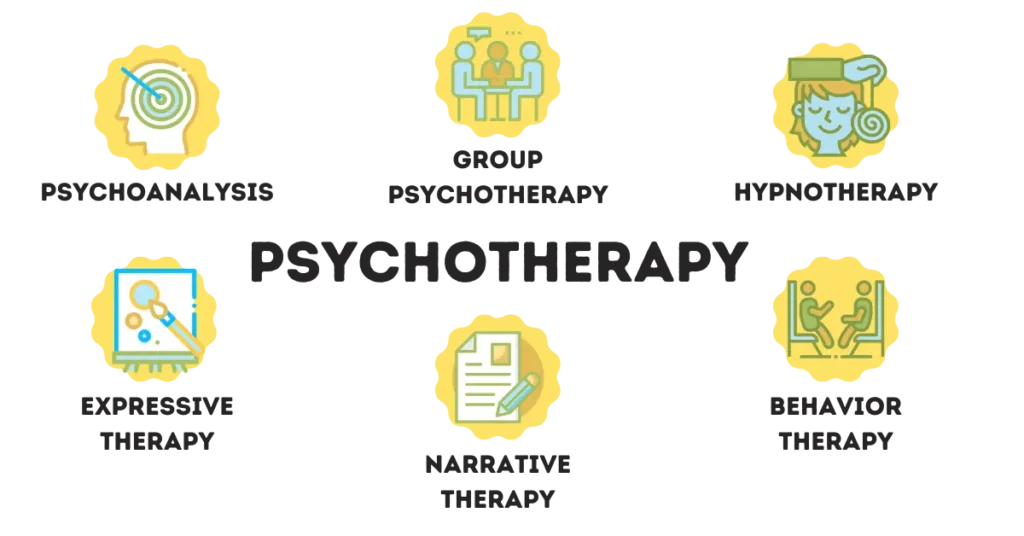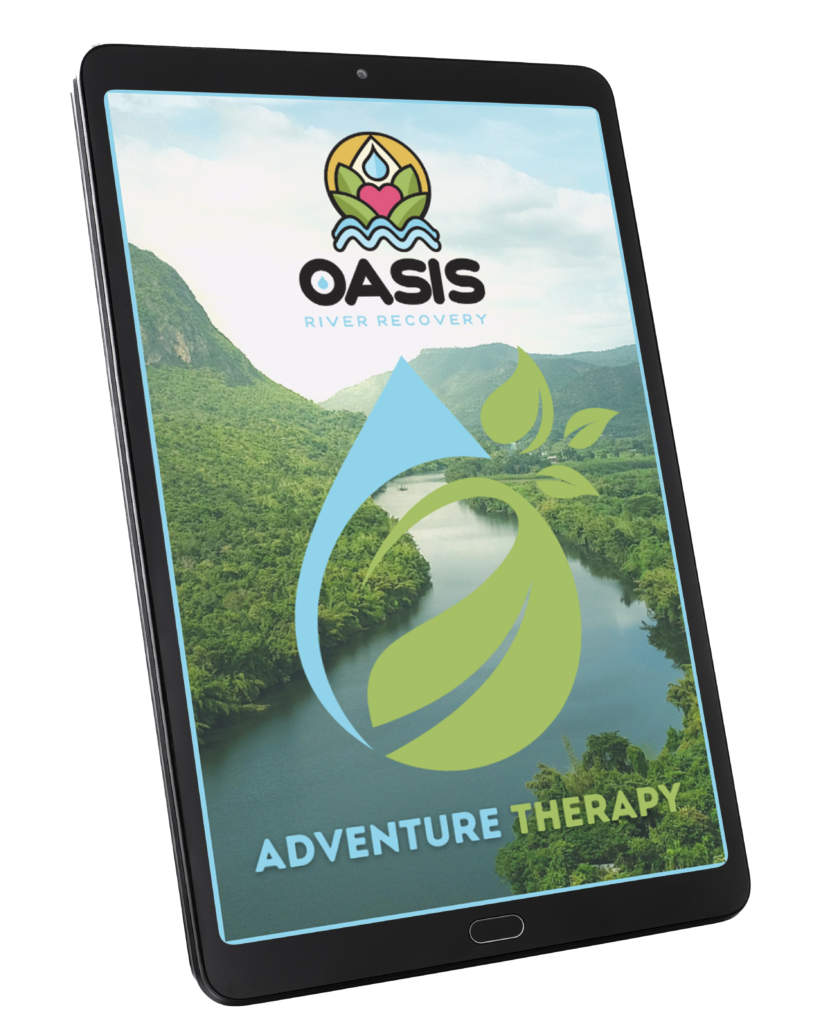TREATMENT THERAPIES
Oasis River Recovery uses psychotherapy to address a wide range of mental health issues and substance use disorders with methods such as cognitive behavioral therapy.
Substance abuse or alcohol use disorders can damage or end relationships. Through psychotherapy, individuals can learn how to manage or eliminate addictive behaviors and co-occurring disorders that lead to drug or alcohol addiction.

Psychotherapy, or talk therapy, can involve individual therapy, family therapy, couples therapy, or group therapy and help both children and adults. Most therapy sessions are usually conducted once a week and last between 30 minutes to an hour. During sessions, the therapist and patient must actively participate and create a positive, trusting, and collaborative relationship in order for the treatment plan to be successful.
Depending on the individual's needs, psychotherapy can be either short-term, involving just a few sessions, or long-term, spanning months or even years. Studies show that 75% of individuals who undergo psychotherapy demonstrate some form of emotional or behavioral change, as well as improvements in brain and body functioning.

According to attachment theory, there are four main attachment styles that form in early childhood to early adulthood.
1. Cognitive Behavioral Therapy (CBT)
This is a widely used type of talk therapy that assists individuals in reframing their negative thoughts and behaviors. Instead of considering individuals who suffer from depression, anxiety, or addiction as mood disorders, CBT therapists consider these issues as cognitive problems where their thoughts and interpretation of a situation can exacerbate their symptoms. The main goal of cognitive behavioral therapy is to alter patients' core beliefs, habitual thought patterns, and pessimistic thinking habits to achieve the best results.
2. Psychodynamic Therapy
This is the second most commonly used psychotherapy treatment and proposes that unresolved childhood conflicts can cause mental health disorders and unhealthy coping skills like substance misuse. In this approach, the therapist will explore the patient's past to help them manage and comprehend their emotions by discussing them together.
3. Dialectical Behavior Therapy (DBT)
DBT falls under the umbrella of cognitive behavioral therapy and aims to equip patients with skills and understanding to handle emotions effectively, cope with stress, and enhance their interpersonal connections. Its focus is on fostering emotional intelligence and self-awareness.
4. Acceptance and Commitment Therapy (ACT)
ACT teaches individuals to recognize and embrace their innermost emotions as normal reactions to specific circumstances that shouldn't hinder them from achieving their life goals.
5. Humanistic/Experiential Therapy
This treatment focuses on an individual's specific qualities instead of the behaviors that determine a certain mental illness. Split into two methods (Gestalt and client-centered therapy), this approach emphasizes the person as a whole, taking into account their strengths and capacity for self-healing.
6. Interpersonal Therapy
Interpersonal Therapy is based on the belief that certain mental illnesses can be inherited or have a biological predisposition and that stressful life events, such as interpersonal conflicts, can trigger symptoms. Regardless of the cause of the symptoms, interpersonal therapy emphasizes that the patient is not at fault. This type of therapy can be conducted in a one-on-one or group setting and aims to help patients develop better interpersonal skills to manage relationship issues and reduce stress.

Oasis River Recovery strives to provide a unique recovery program unlike anything offered in the area. By incorporating evidence-based treatment, experiential therapy methods, and holistic healing modalities, we've created a program that blends into our location's natural beauty
In the case of drug use or alcohol addiction, counseling options like psychotherapy can be beneficial when incorporated into a substance abuse treatment program. Addiction can damage or ruin relationships, and a counselor specializing in drug addiction treatment can help guide you toward mending them. An inpatient program focusing on detox and treating cravings can help individuals reach sobriety without fearing withdrawal symptoms. Once you've left the treatment center's rehab program, you'll receive a relapse prevention plan with outside resources such as alcoholics anonymous, 12-step programs, outpatient programs, and other support groups. Benefits of psychotherapy and other evidence-based addiction therapies include:

If you or someone you know is struggling with attachment anxiety and substance abuse, reach out to Oasis River Recovery. Our team of professionals uses attachment theory to explore different attachment disorders to create a treatment plan that fits your specific needs. Addiction recovery and forming healthy adult attachments is not something you need to do alone.